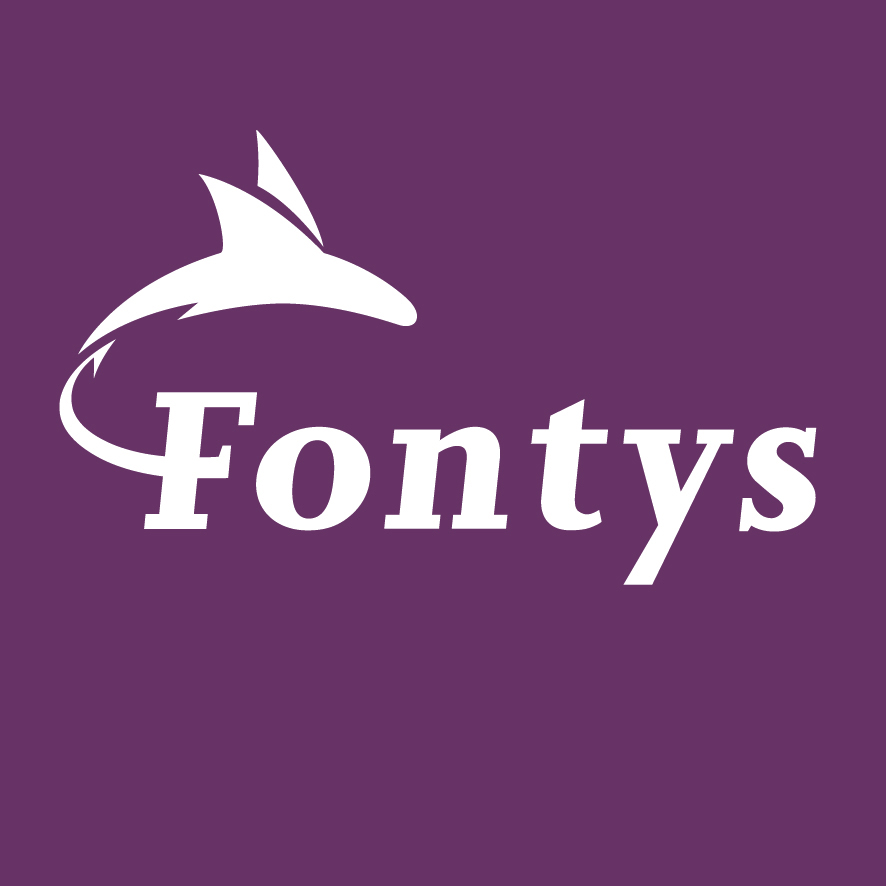Applied Generative AI
Generative AI Solution Design, Responsible Implementation, Quality & ValidationYou know that feeling when you're talking to an AI and it just... gets you? Someone built that. And this semester, you're learning how.
In this semester you tackle real-world AI projects—building autonomous agents, designing new interaction patterns, architecting production systems. But you approach these projects from one of three professional roles: GenAI Engineer, GenAI Experience Designer, or GenAI Architect. Think of it like a cross-functional team at a real company—everyone works on the same product, but your role determines your focus and responsibilities.
You'll be graded on the same competencies regardless of your role—Analysing, Advising, Designing, Realising, Managing & Controlling—but how you demonstrate those competencies depends on your perspective.
Don't worry if you've never built AI before—we start from scratch. The tools? You'll learn them as you need them. The theory? We cover it. The scary technical stuff? We'll walk through it together.
You can view the Applied Generative AI Canvas course.
This semester isn't just about GenAI—you'll be learning with GenAI as an active collaborator in your development. AI assistants will support your portfolio development, help you reflect on your work, and serve as thought partners throughout your learning journey.
Industry Project
You'll work in three-person multidisciplinary teams on real challenges from industry partners like NS, GreenPT, Brainstax, and Neon. Your team will apply the Design Challenge framework to define your solution and use DOT methodology to structure your approach. Here's the twist: each team member designs their own AI agent that acts as a virtual teammate with a specific role. For those ready for an advanced challenge, you can coordinate these individual agents into a collaborative agentic AI system.
Professional Research Project
You'll choose from 34 specialized research challenges covering cutting-edge GenAI topics like Benchmarking GenAI, Code Whisperer, Human in the Loop, Smart City Applications, Inclusive by Design, Creative AI Studio, Domain Expert systems, and Storytelling & Brand Experience. Your implementations get shared through the Fontys ICT Applied GenAI Showcase, turning your work into resources for the broader community.
T-Shaped Development
You'll join a guild based on your role: Architects, Engineers, or Experience Designers. During two Impact Lab Cycles (Weeks 8-10 and 14-16), you'll create Knowledge Contracts documenting your expertise, deliver collaborative sessions to peers from other guilds, and complete Impact Cards where you apply insights learned from different roles. This process builds both deep expertise in your specialization and broad understanding across the entire GenAI ecosystem.
Your Role
Let's say your team is building an AI dungeon master for tabletop RPGs—an agent that can create dynamic storylines, generate unique NPCs with personalities and backstories, adapt the plot based on player choices, create atmospheric music and visuals for each scene, and remember everything from previous sessions. Basically, the DM that never gets tired, always has content ready, and makes every campaign feel like a Netflix series.
GenAI Engineer (The Builder)
As a GenAI Engineer, you're the builder. You're implementing the system with LangGraph to create agents that can reason about story coherence, generate consistent character personalities, and adapt narratives in real-time. You're building multi-agent systems where different AIs handle different aspects—one for world-building, one for NPC dialogue, one for combat encounters. You're deciding whether to run models locally with Ollama for instant response during gameplay or use cloud APIs for generating detailed backstories. You're making bolt.diy and Cursor work together to prototype fast and iterate on the system architecture.
Perfect for: Software students who want to build generative AI systems that actually work.
GenAI Experience Designer (The Interaction Inventor)
As a GenAI Experience Designer, you're the interaction inventor. You're designing how players interact with this AI DM using intent-based interfaces—where they say "I want to intimidate the guard" and the system understands context, not just keywords. You're prototyping multimodal interactions with Penpot: voice input for immersive roleplay, generated character portraits that update based on story events, gesture controls for casting spells. You might use ComfyUI to generate atmospheric background music that shifts with the mood, create cinematic scene illustrations on the fly, or design battle maps that evolve during combat. You're making it feel like playing with a legendary DM, not typing into a chatbot.
Perfect for: Media students who want to design how people experience generative AI.
GenAI Architect (The Systems Thinker)
As a GenAI Architect, you're the systems thinker. You're figuring out which models to use where (lightweight models for quick NPC responses, powerful models for complex plot generation), how to maintain story consistency across hours of gameplay, how much it costs when thousands of campaigns are running simultaneously, and how to handle player data privacy. You're using n8n to orchestrate workflows that connect AI generation with virtual tabletops, voice chat platforms, and music libraries. You're translating between "what the AI can do" and "what players need."
Perfect for: Infrastructure, cyber security, and business students who think in systems and strategy.
Do I Have to Learn Everything?
No. You specialize in one role. But because you're working on team projects with Engineers, Designers, and Architects all collaborating, you'll pick up enough about the other roles to communicate effectively and ship together. Think: 70% deep in your role, 30% understanding your teammates.
Worried you picked wrong? Talk to us in week 2. Switching early is totally fine.
Minimum requirement: Any completed introduction semester at Fontys ICT.
- For Engineers: You should already be comfy writing code in at least one language. We'll teach you the advanced AI frameworks (like LangGraph), but we won't teach you basic programming from scratch. No hand-holding on that front.
- For Designers: You don't need to code, but you should be solid with design tools and ready to dive into technical concepts. We're teaching you how AI systems actually work so you can design for them effectively.
- For Architects: You should get basic system design—how apps talk to each other, what APIs are, and how data flows. We'll handle the AI-specific architecture patterns.
- For everyone: No prior AI experience needed. Seriously. We start from "what is generative AI" and build next-level systems from there.
This is your universal upgrade. The skills you learn here—building autonomous systems, designing next-level interfaces, architecting at scale—apply everywhere. It pairs perfectly with whatever else you're taking.
Bottom line? GenAI is a foundational skillset that elevates any advanced semester you choose.
Careers & Growth
Here's what's happening right now: By 2030, AI and information technology are projected to create 11 million jobs in Europe. AI and machine learning roles in the Netherlands are experiencing a 383% growth rate. Meanwhile, 39% of current workforce skills will become outdated between 2025 and 2030.
The gap is real. Companies aren't just experimenting with AI anymore—they're deploying it. But here's the problem: they can't find people who can actually build these systems.
Everyone can use ChatGPT. But companies desperately need people who can BUILD autonomous generative AI systems, DESIGN new interaction patterns that don't exist yet, and ARCHITECT solutions that actually work at scale. That's not prompting—that's engineering, design, and strategy. That's what you're learning this semester.
You'll work on real projects with actual organizations—NS (Dutch Railways), GreenPT, Neon—solving problems that end up in your portfolio and real job interviews.
Responsible AI isn't optional. Ethics, bias, privacy, security—it's built into every project from day one. You'll learn to build AI that's powerful and trustworthy, no matter your role.
Demand for professionals in these areas is projected to grow 17-30% by 2030. This places you in a job market where AI skills are growing 383% and creating millions of new roles.
These massive shifts are driving demand for new, specialized professions. After this semester, you are positioned for roles such as: AI Engineer, GenAI Developer, LangGraph Specialist, AI UX Designer, Conversation Designer, AI Solutions Architect, AI Product Manager—at tech companies, banks, logistics, healthcare, retail, gaming studios, design agencies, consultancies (Deloitte, Accenture), enterprises, and scale-ups.
No matter your role—engineer, designer, or architect—you're learning to build the future of generative AI. For real.
In Tilburg this semester is provided in combination with other topics.

- Ruud Huijts
- r.huijts@fontys.nl
- +31885079024
- +31624925445
